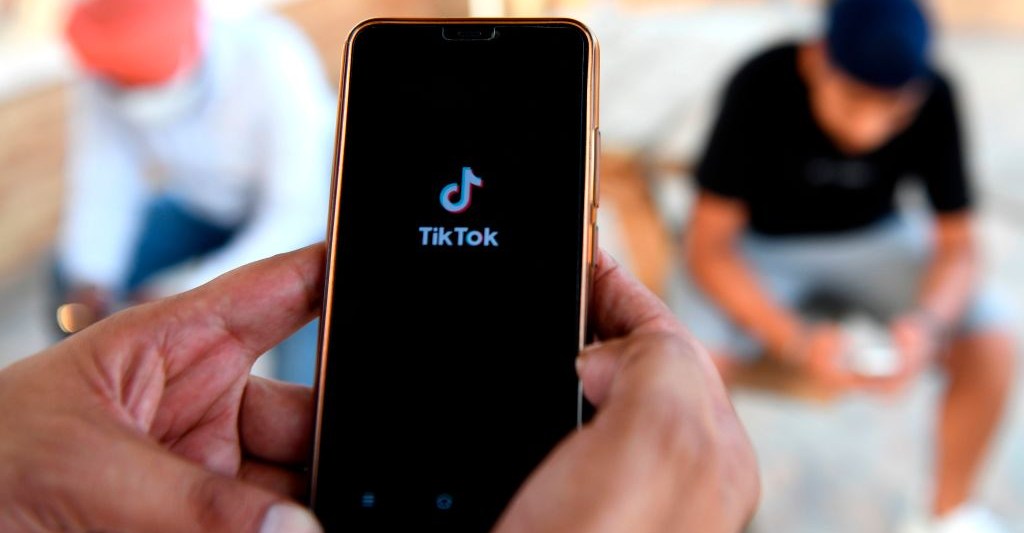The TikTok Paradox: Understanding Its Impact on Society
As TikTok continues to dominate the social media landscape, the question arises: has the viral platform enhanced or detrimentally shaped our society? This inquiry is particularly relevant as the app boasts over a billion users worldwide, making it a powerful force in shaping cultural norms, trends, and even individual behaviors. In this exploration, we will delve into the dual nature of TikTok’s influence, examining both its potential to enrich our lives and the risks it poses to mental health and societal integrity.
Creativity or Conformity: The TikTok Dilemma
At its heart, TikTok is a platform that thrives on creativity. Users are encouraged to express themselves through short videos, employing a variety of effects, sounds, and editing techniques. This democratization of content creation has empowered individuals who might not have had a voice in traditional media. From dancers to comedians, educators to activists, TikTok has become a stage where anyone can showcase their talent.
The Positive Side of Creativity
- Creative Expression: TikTok allows users to experiment with different forms of art. Many creators use the platform to share original music, dance routines, and comedic sketches, enriching the cultural tapestry.
- Community Building: Niche communities flourish on TikTok, providing spaces for like-minded individuals to connect. Whether it’s a love for cooking, knitting, or book recommendations, TikTok fosters a sense of belonging.
- Educational Content: From science experiments to language learning, many users leverage the platform to educate others. Short, engaging videos can make learning fun and accessible.
The Pressure to Conform
However, the very features that encourage creativity can also lead to a troubling phenomenon: conformity. The challenges, trends, and dances that go viral can pressure users to replicate popular content rather than innovate.
- Trend Chasing: Many creators feel compelled to participate in trending challenges, often prioritizing virality over authenticity.
- Content Homogeneity: As users aim for engagement, the platform can become saturated with similar content, stifling originality.
Mental Health: The Double-Edged Sword of TikTok
The impact of TikTok on mental health is another aspect of the platform that warrants scrutiny. While it can foster connections and provide a sense of community, it also has the potential to exacerbate feelings of anxiety, depression, and inadequacy.
Positive Mental Health Outcomes
- Support Networks: TikTok has become a haven for many seeking mental health support. Users share their stories, coping strategies, and resources, creating a community that promotes openness and understanding.
- Awareness and Advocacy: The platform has been instrumental in raising awareness about mental health issues. Creators often discuss their struggles, helping to destigmatize mental health conversations.
The Dark Side of Social Media
On the flip side, the app’s addictive nature and the constant comparison to others can lead to detrimental effects on users’ mental health.
- Comparative Anxiety: Users frequently compare their lives to the curated highlights of others, which can lead to feelings of inadequacy and low self-esteem.
- Screen Time and Addiction: The endless scroll can lead to excessive screen time, affecting sleep patterns, productivity, and overall well-being.
Shaping Societal Norms: The Cultural Influence of TikTok
The societal impact of TikTok extends beyond individual users; it shapes cultural norms and values on a global scale. The platform often influences everything from fashion trends to political movements.
Trendsetting and Cultural Shifts
- Fashion Trends: TikTok has revolutionized how trends emerge. Users often showcase thrifted finds or DIY projects, promoting sustainable fashion and individuality.
- Political Activism: The platform has played a role in mobilizing social movements. Users have harnessed its reach to advocate for various causes, from climate change to racial justice.
The Risk of Misinformation
Despite its positive influence, TikTok is also a breeding ground for misinformation. The rapid spread of unverified content can lead to confusion and misinterpretation of facts.
- Health Misinformation: During the COVID-19 pandemic, TikTok was rife with false health advice that could endanger users.
- Political Polarization: The platform can amplify divisive content, contributing to polarization and echo chambers.
Conclusion: Striking a Balance in the TikTok Era
The TikTok paradox presents a complex interplay of benefits and drawbacks. While the platform has undeniably enhanced creativity, community, and awareness, it has also introduced challenges related to conformity, mental health, and misinformation. As users navigate this digital landscape, it’s essential to cultivate a balanced approach—embracing the creativity and connection that TikTok offers while remaining vigilant about its potential pitfalls.
In a world where social media increasingly shapes our realities, understanding the impact of platforms like TikTok is crucial. By fostering critical thinking and promoting healthy engagement, we can harness the positive aspects of this viral platform while mitigating its detrimental effects. The TikTok paradox invites us to reflect on our digital habits and the ways we can contribute to a more enriching online culture.
See more Future Tech Daily

